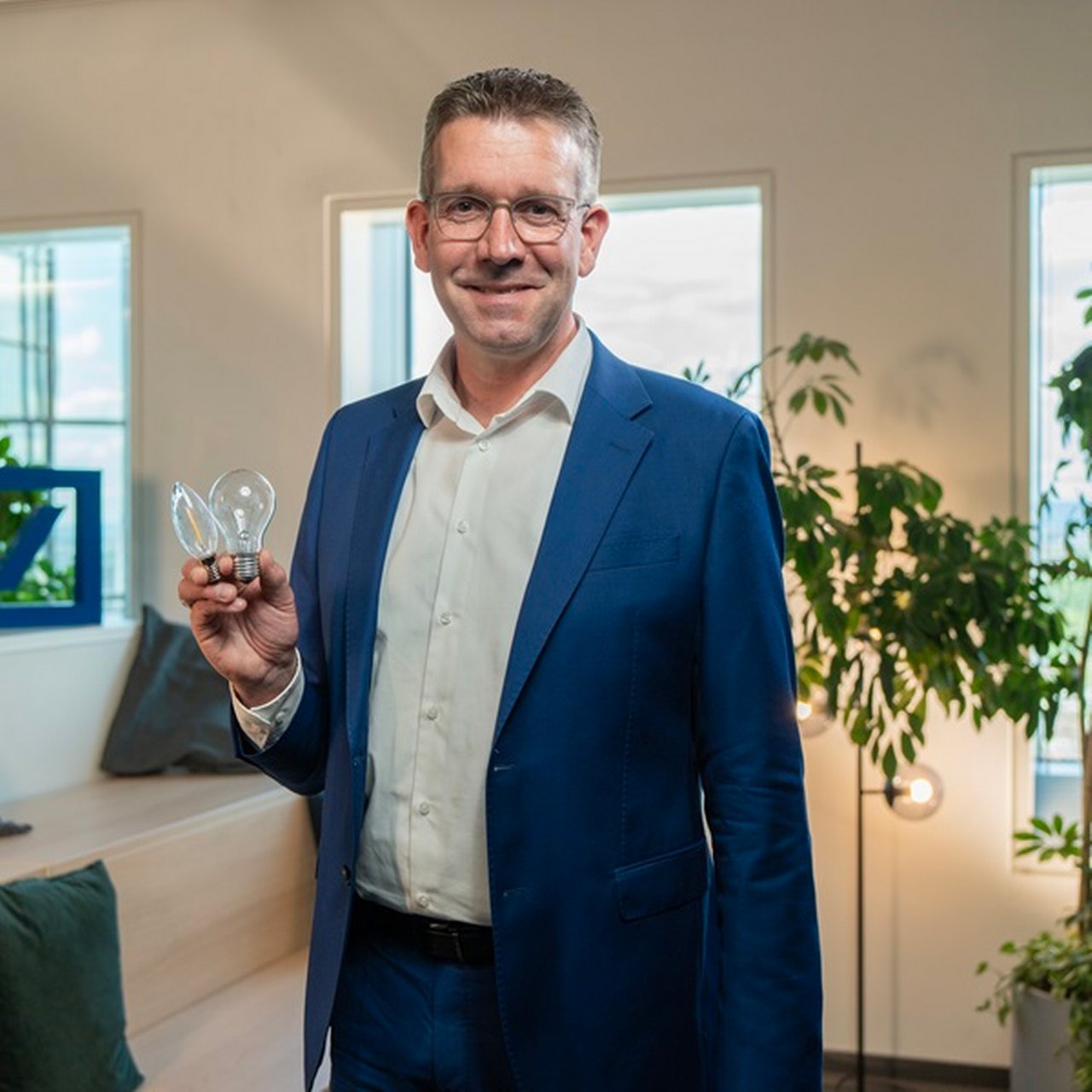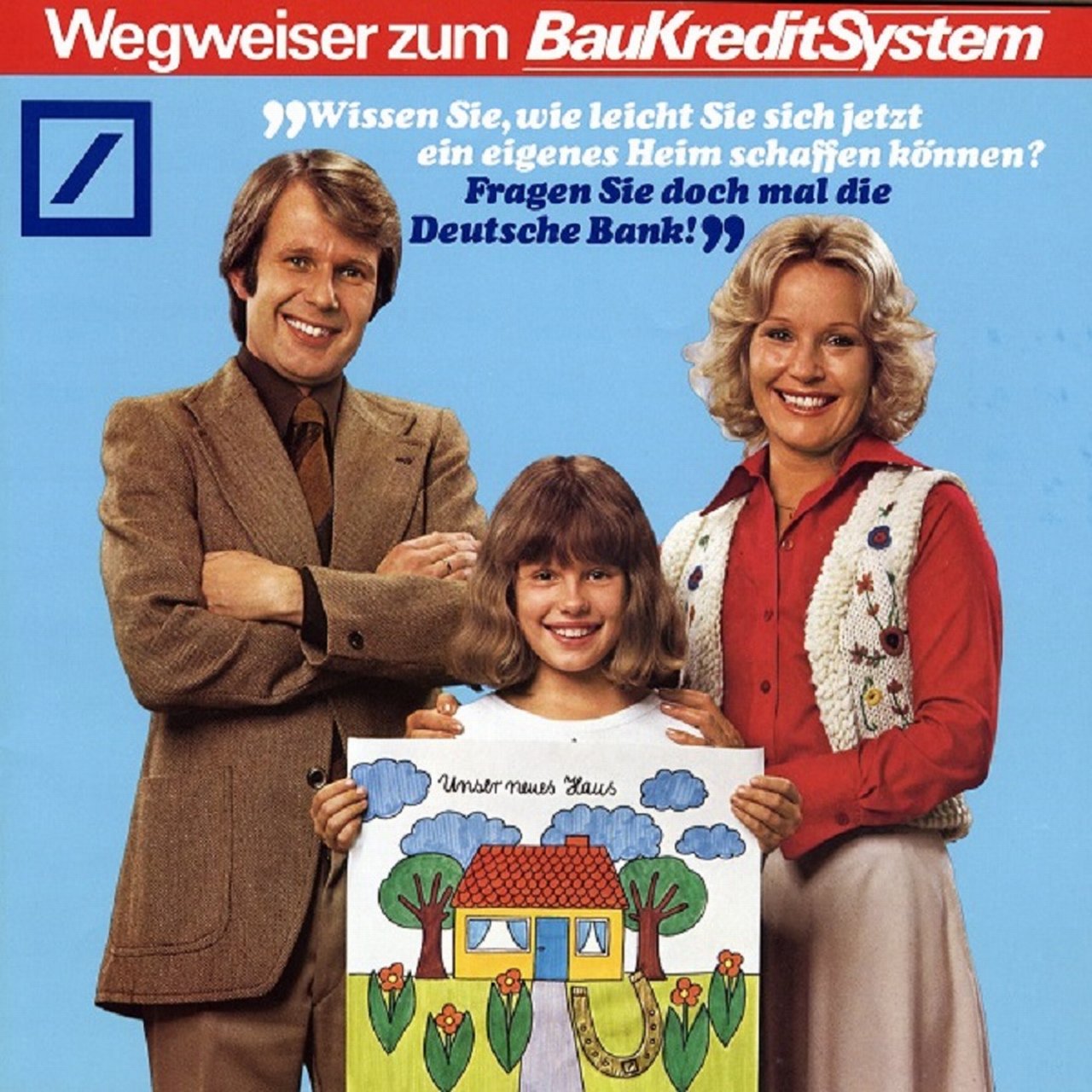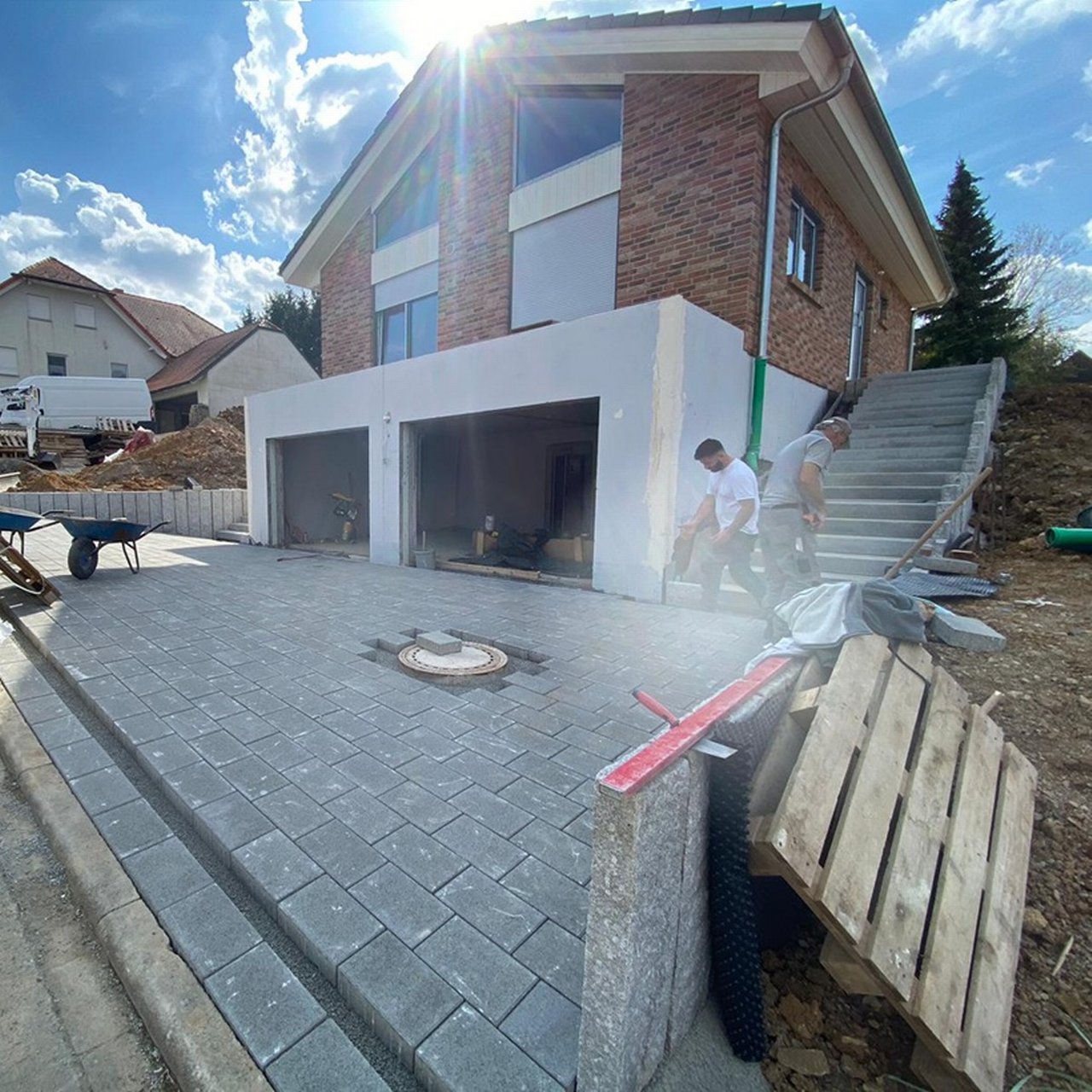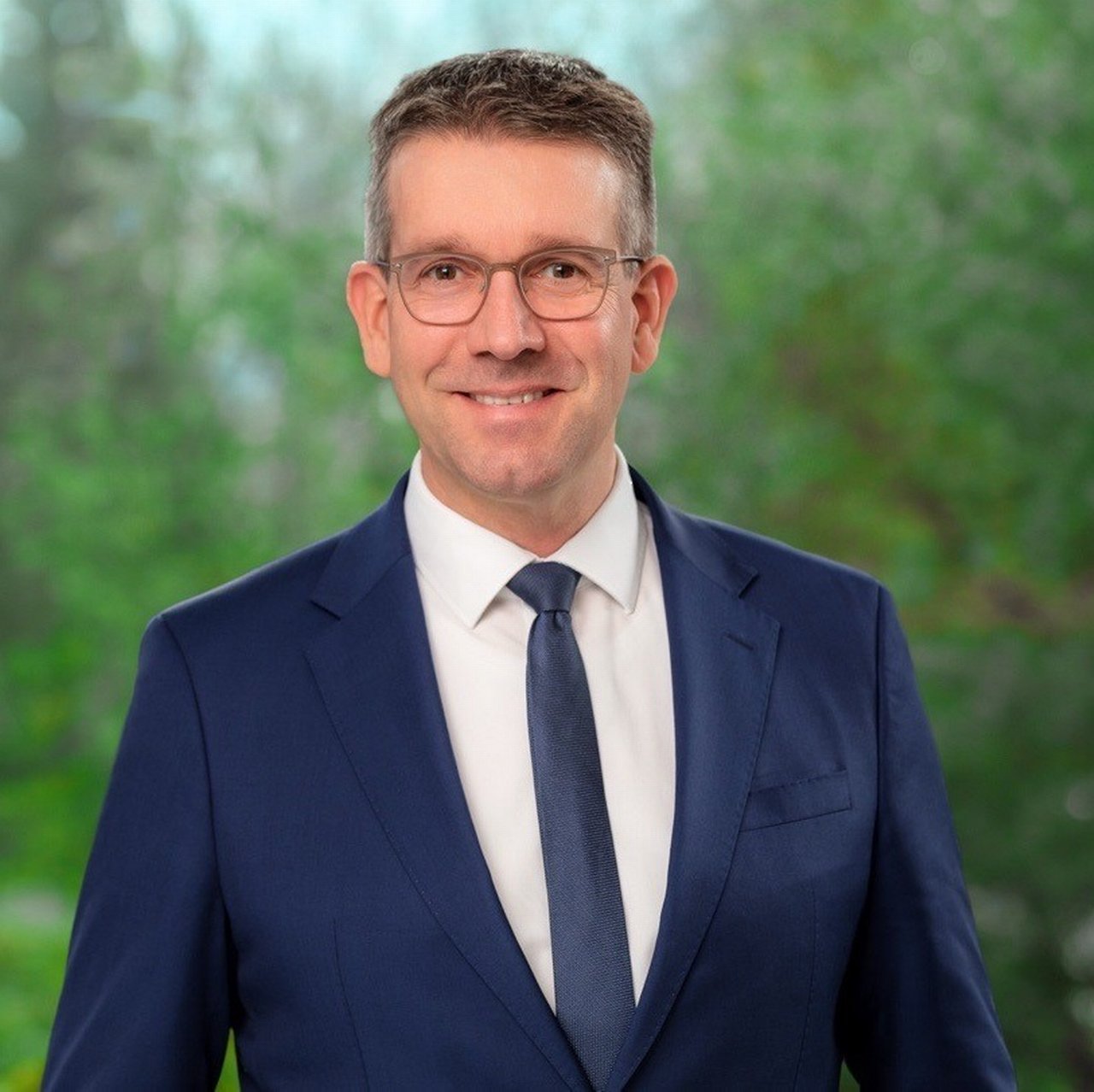
Sustainable building: not a luxury, just a question of doing things in the right order
Germany is facing a double challenge: a housing shortage and the climate crisis. The building sector is a major contributor to CO₂ emissions, which is why energy-efficient refurbishment is becoming increasingly important. Alf Meyer zur Heyde explains.
Is sustainable building within reach for the majority – and what needs to shift to make it the norm? We put that question and others to Alf Meyer zur Heyde, Board Member of BHW Bausparkasse and Head of Deutsche Bank’s Private Bank Sustainability Advisory Team. He also sums up the key points in a short 99second video.
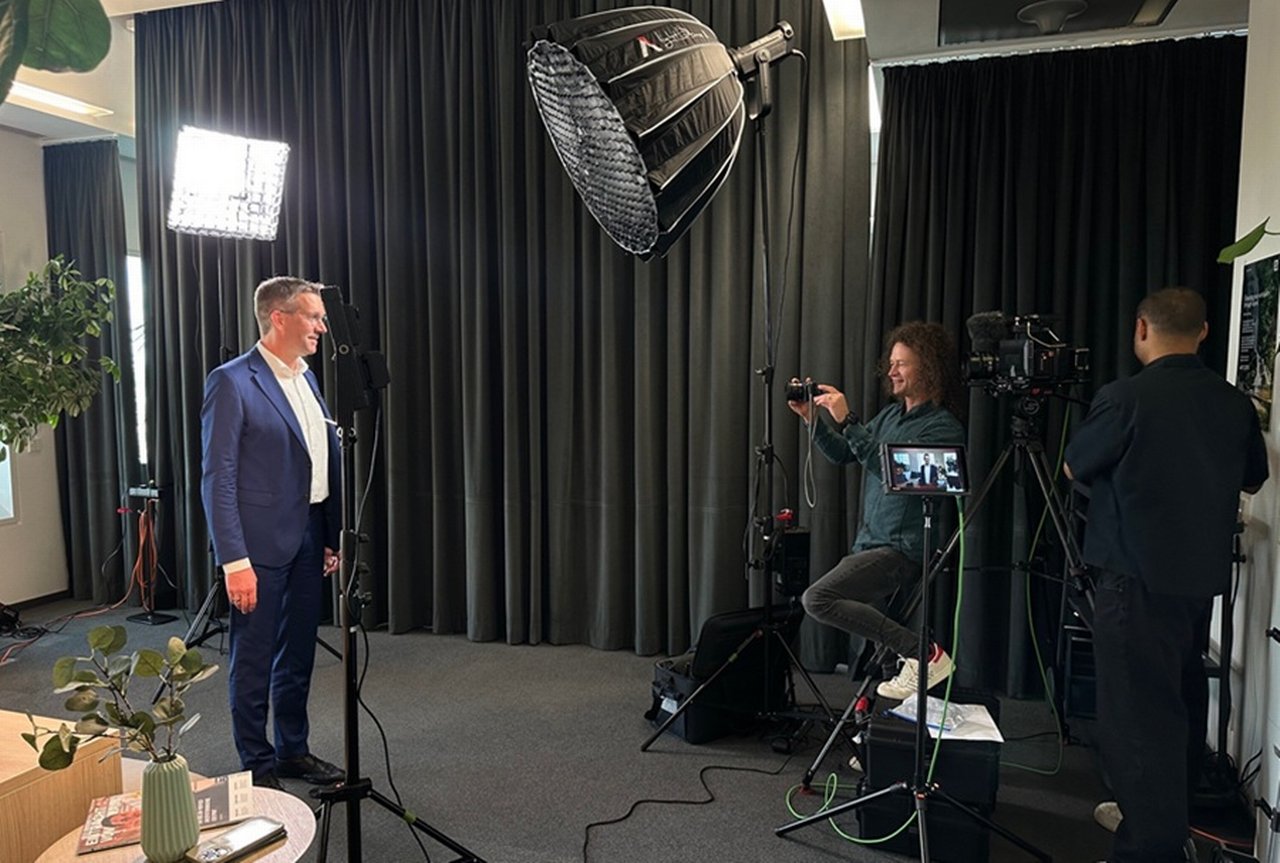
Alf, sustainable building is considered very complicated, not least energy-efficient refurbishment. Why is that?
Most people fail right at the beginning: they simply do not know where to start. One thinks of the heating engineer, another of the roof or the windows. But sustainable building only works with a clear plan. Ideally, an energy consultant helps you create a refurbishment roadmap, which prioritises measures and shows how to achieve the best result with the available capital. It’s crucial to do energy-efficient renovations in the right order.
With 20 percent of the effort, you often achieve 80 percent of the effect.
Even if this problem is solved, many still wonder whether they can actually afford it?
Sustainability is not a luxury. A refurbishment roadmap, subsidised by the state, costs around 890 euros. Think of it as an MOT for your car or a comprehensive medical check-up: once you’ve invested in one, you know what improvements make sense, what costs to expect and what effect can be achieved. Another thing: when refurbishing, you don’t have to do everything at once; it’s a modular system. With 20 percent of the effort, you often achieve 80 percent of the effect. Those who have more to invest go further – those with less just focus on the most efficient steps.
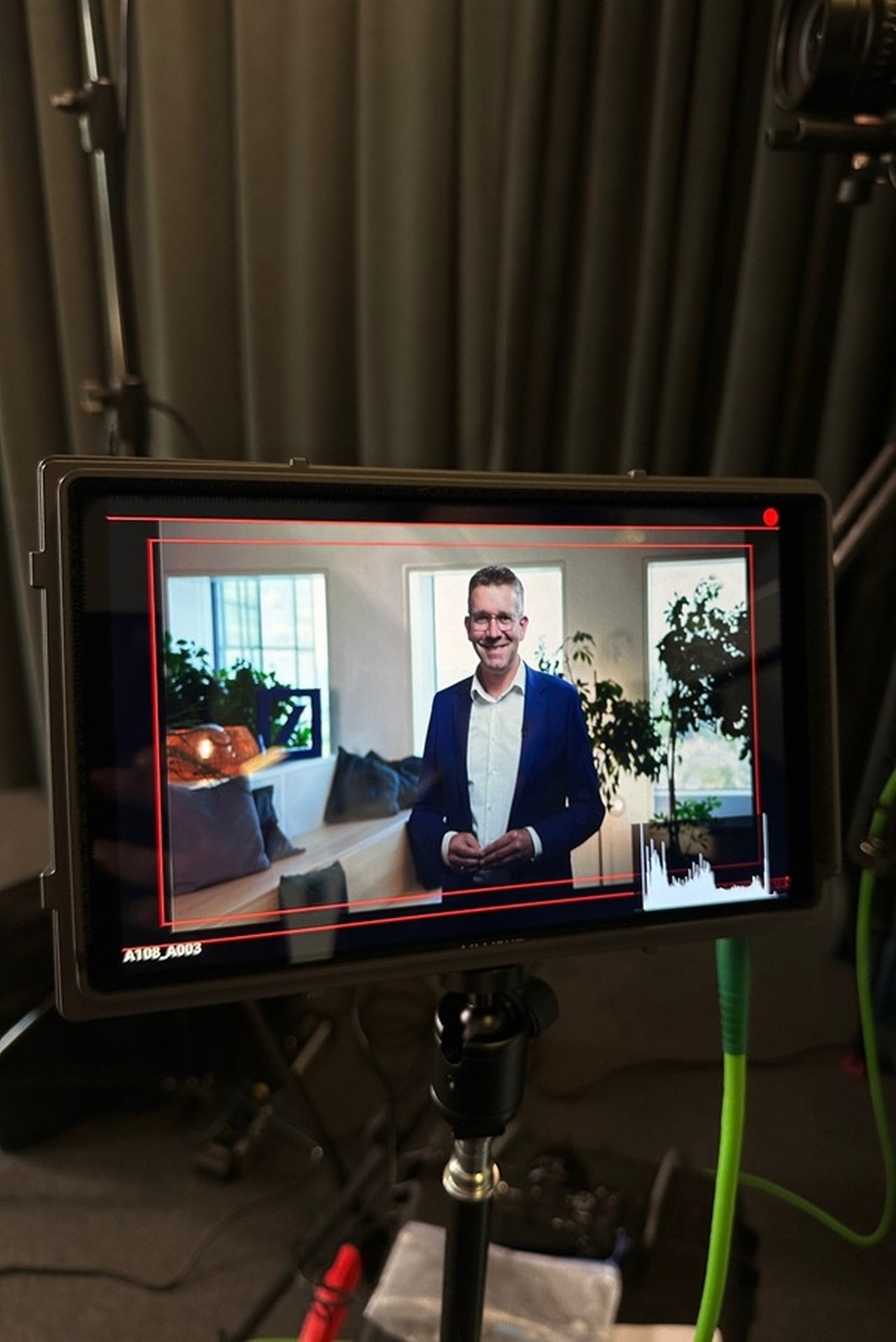
Which measures have the greatest effect?
There is no standard solution. Every building is different – year built, construction type, general condition. A common mistake is replacing the heating before insulating the house properly. If your first step is to install a large heat pump and then insulate, you end up with an oversized system. So it’s important to look at the building as a whole, then make appropriate investments.
And if the budget is very small?
In that case, the standard tips and tricks help: seal windows and doors, set radiators correctly, do a hydraulic balance. Your own behaviour also has an impact: air rooms fully and briefly rather than leaving windows ajar over a longer period; regulate heating properly. Often, even small steps like this have a noticeable effect.
What needs to change politically and socially for sustainable building to become the norm?
In new builds, the standards are already very high – perhaps even too high. A lot of money flows into buildings that are already efficient. The key lies in existing stock: most houses that we will use for decades to come already exist. With the same resources, much more could be achieved there but funding is needed that targets exactly these points – where small steps have a big impact.
The government must create reliable framework conditions: make CO₂-intensive energy more expensive, keep electricity prices competitive.
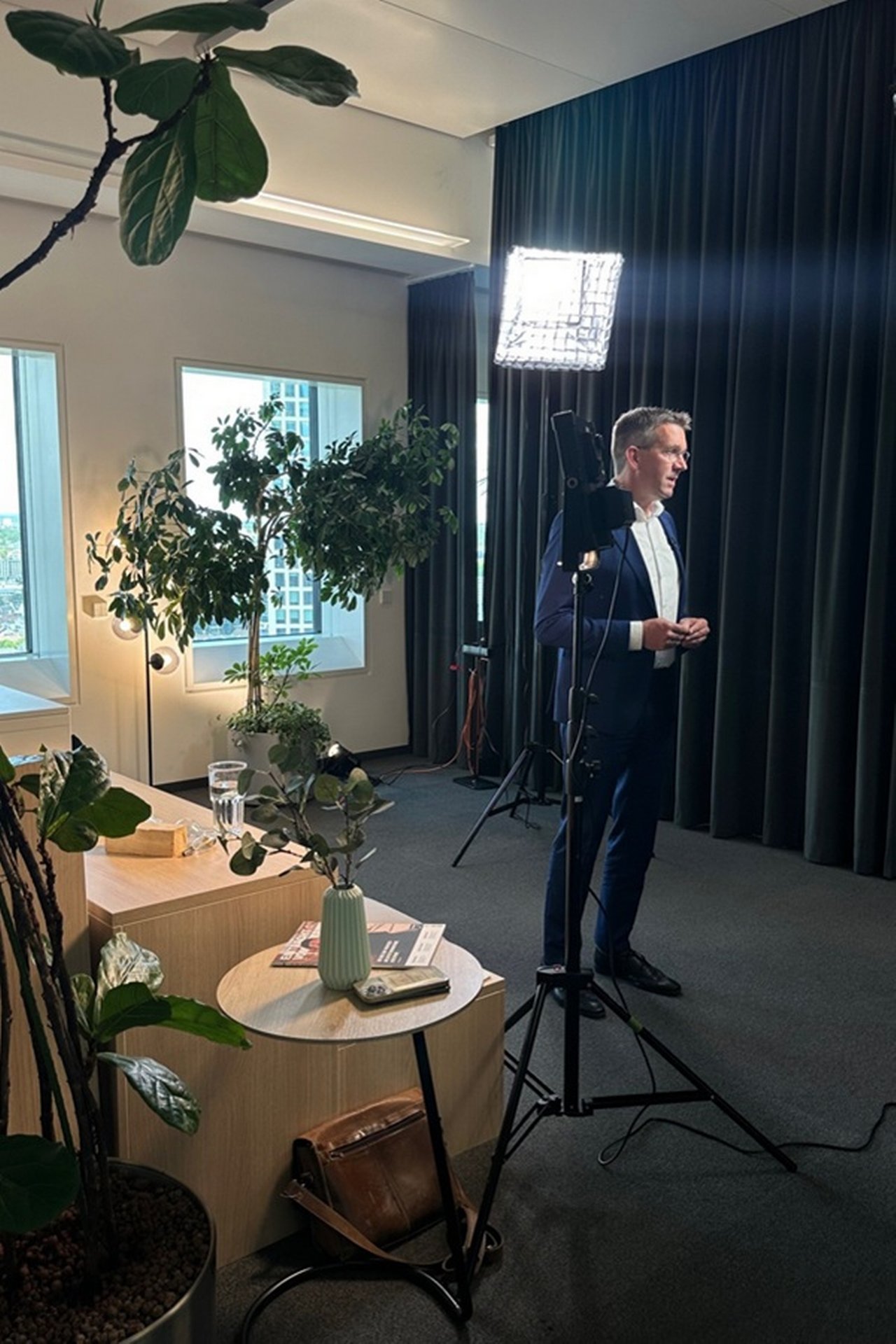
And what part can Deutsche Bank play?
The government must create reliable framework conditions: make CO₂-intensive energy more expensive, keep electricity prices competitive. We at Deutsche Bank help with financing, but not only that: with our advisory universe, we accompany our clients from the very beginning of their building or refurbishment project – together with partners who develop the right concepts. We are not experts in everything, but networkers. We provide access to the respective specialists.
Are there countries we can learn from?
Yes, the Nordics especially. In Norway, Sweden and Finland, heat pumps have long been standard – despite cold winters and many old buildings. As early as 2005, the installation rate, relative to the population, was at our current target level. The difference: electricity prices there have been reliable and low for years.
If you had one wish, what would need to happen now for sustainable building to gain traction in Germany?
The advantages need to be clear to all. For example, when I take a shower in the morning, I’m happy when I know that the sun has heated the water. Or take homeowners who have installed a photovoltaic system: they can open their app and see how much energy they’ve produced. The better we communicate positive experiences like these, the more natural sustainable building will become.
This page was published in November 2025.
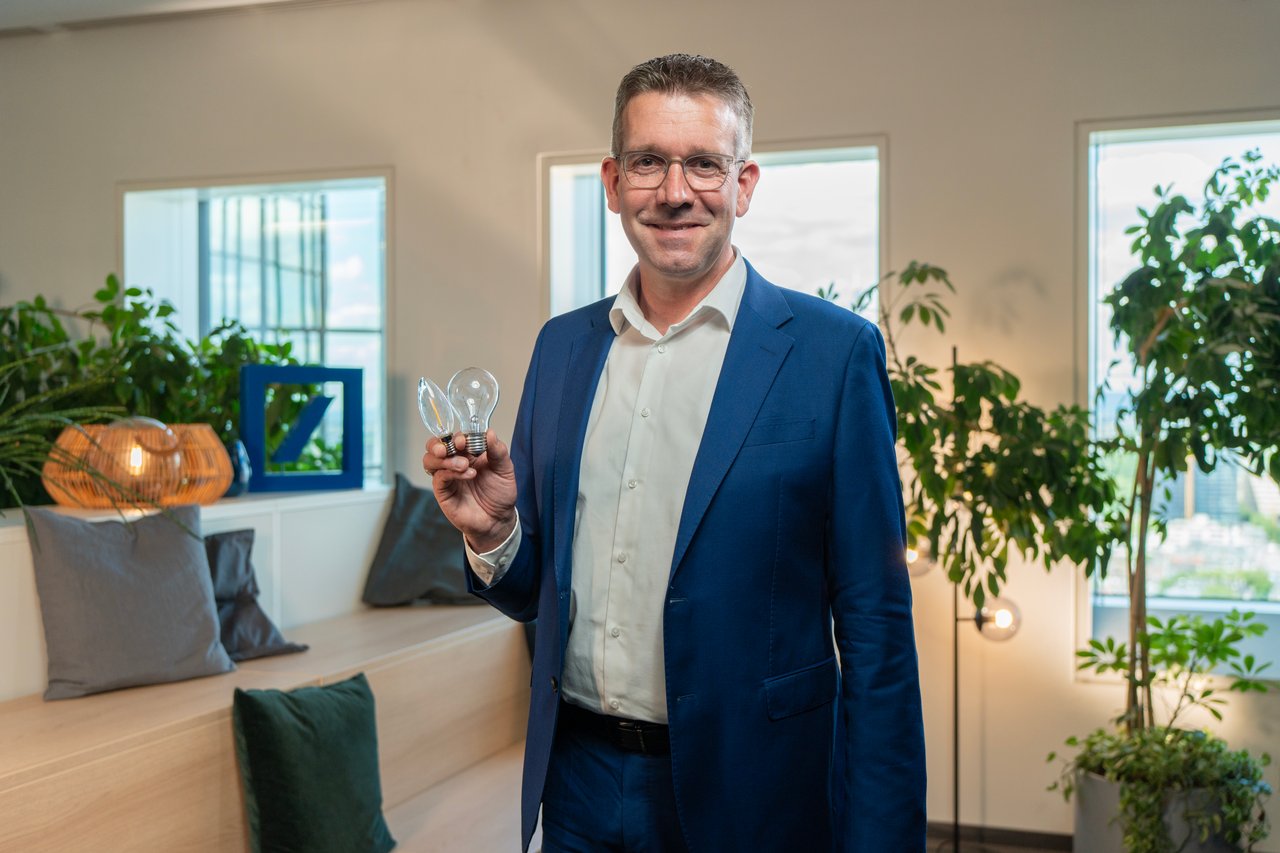
About Alf Meyer zur Heyde
Alf Meyer zur Heyde is an experienced senior manager and a recognised expert in sustainable financial solutions. Since January 2025, he has been a member of the Management Board of BHW Bausparkasse AG, where he is responsible for the Sales division.
He is also Head of Mortgage Financing and Sustainability at Deutsche Bank AG, where he previously managed the “Future and Sustainability Advisory” team for the Private Bank in Germany, playing a key role in shaping innovative concepts. His career began in private client advisory at Deutsche Bank, where he later assumed several leadership positions.
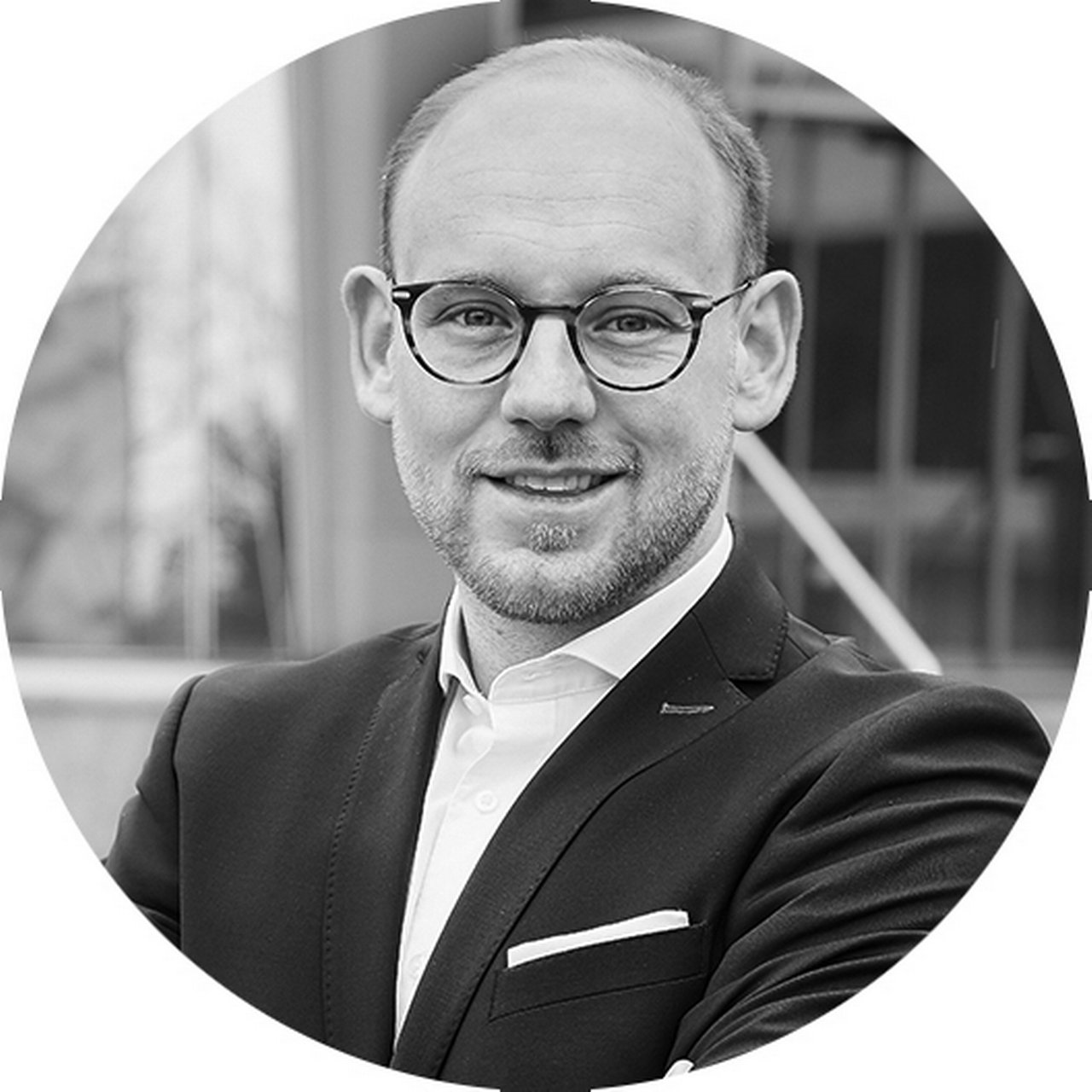
Timo Bergold
… especially enjoyed contributing to this dossier on a topic close to his heart. As a homeowner currently pursuing the highest standards in energy efficiency, he is combining his professional expertise and his roots at BHW Bausparkasse to achieve his dream. For him, sustainable modernisation is not a trend; it’s a hands-on approach to shaping the future, focused on tomorrow’s priorities.
Recommended content
Responsible Growth | Expert Video
Building the future: sustainable, smart, affordable Building the future: sustainable, smart, affordable
Sustainable building doesn’t have to be costly. Listen to Alf Meyer zur Heyde and discover smart, affordable upgrades that boost your home’s value now and long-term.
Building the future: sustainable, smart, affordable Modernise – but how?Responsible Growth | Short & Crisp
Sustainable home financing over the decades Sustainable home financing over the decades
Deutsche Bank has been providing residential mortgages since 1968. Later, it began advising clients on energy saving concepts. Find out how else Deutsche Bank has been championing sustainable homes over the years.
Sustainable home financing over the decades A look into historyResponsible Growth I Insights
Climate protection starts at home Climate protection starts at home
From Frankfurt to Bangalore, Deutsche Bank colleagues show how sustainable living starts at home – with solar panels, green power and creativity.
Climate protection starts at home Meet our climate heroes
